Tate Exchange Unconference: Digital Making in Arts Curriculum, Practice and Careers
17 May - 19 May 2017
10am to 5.30pm
Tate Modern, Tate Exchange Switch House Southwark Room Level 5 Bankside London SE1 9TG
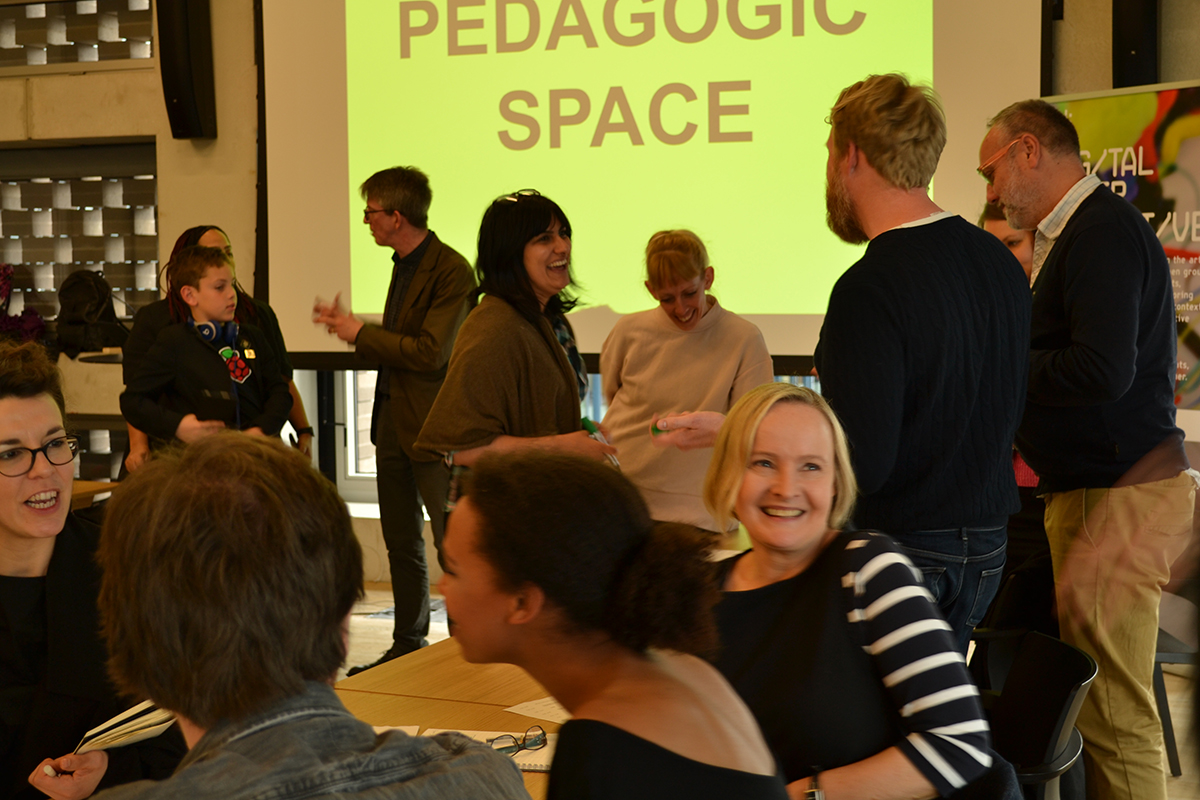
Wednesday 17 and Friday 19 May 2017
Limited places & RSVP c.follows@arts.ac.uk essential (can attend one or both days).
This two day Unconference provides an opportunity for staff, students, sector and industry to discuss and explore the impacts and challenges of new technologies on art, design and performance in curriculum and practice. Staff, students, sector and industry are invited to join an informal participant-driven discussion which will reflect and build on the experiences of recent Digital Making Art School events at Tate Exchange in February and March 2017 and will question:
How we integrate digital making in arts curriculum & practice?
- See Programme for 17 May 2017 (Includes Images from Day 1)
- See Programme for 19 May 2017 (Includes Images from Day 2 )
We hope to make this event as participant driven, engaging and productive as possible, and unlike a traditional conference we want to avoid long presentations (presentation/provocations 15min MAX) and provide more time for discussion. We have programmed a number of provocation's to help support debate.
See Student Perspectives from Unconference, Summary of Highlights: by Sabrina Faramarzi, (LCC Journalism student) with contributions from Shinji Toya (CSM Alumni & UAL MA Academic Practice)
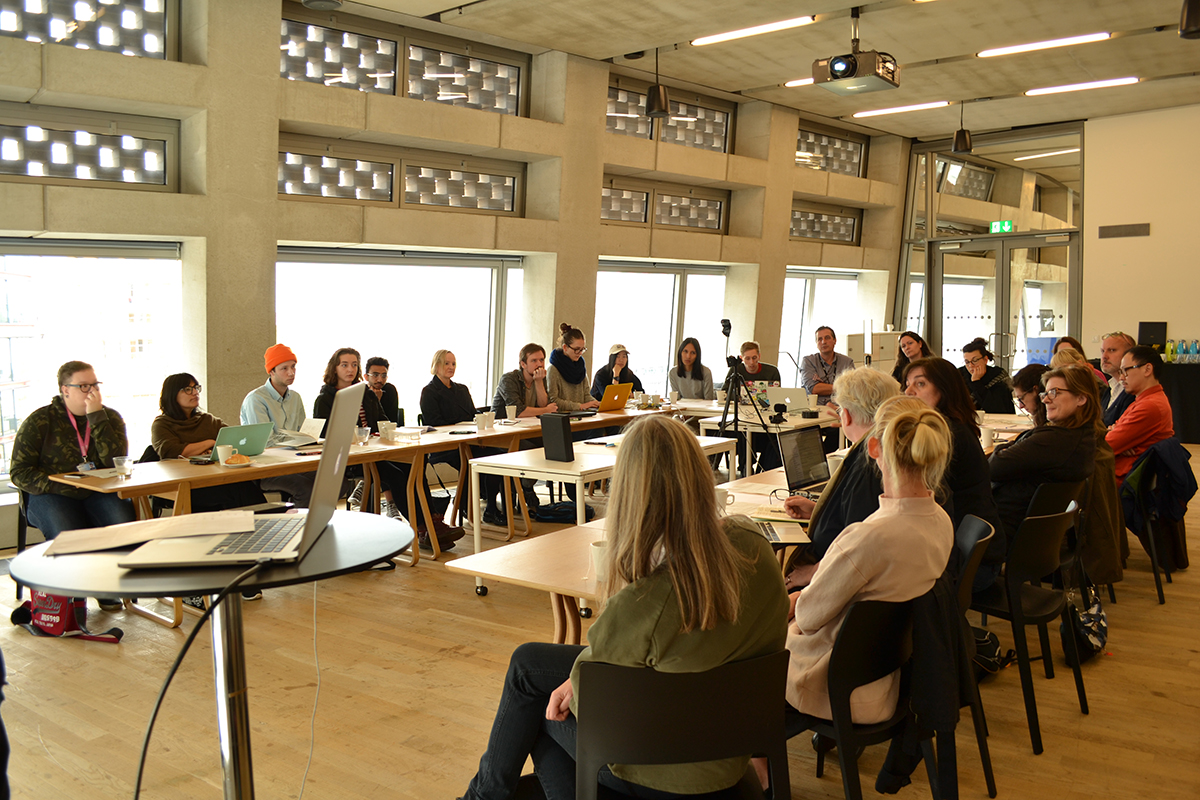
Demand from staff and students in Further Education (FE) and Higher Education (HE) to experience, learn and share knowledge about digital making and new technologies continues to grow rapidly. Much of the new digital work and experimentation is student led, and students currently provide the momentum for change and in defining its relevance, mostly from outside the curriculum. It’s very difficult for course teams to respond to rapid and complex digital change in the sector and learning and teaching (L&T). For example: understanding what’s out there, pointing students in right direction/opportunities, having critical perspectives, sourcing specific teaching expertise and finding/creating resources & support.
Areas we aim to explore:
- Reflect on the Tate Exchange events (what worked, what didn’t & what next?)
- Plan for future live events (ideas for future activities and collaborations)
- Digital Making in the Curriculum: Looking at how events such as Tate Exchange fit with the formal curriculum
- Experimental approach to integrating digital practice in L&T and the curriculum
- New learning & teaching models, pedagogical frameworks
- Practice as Research (your stories of this)
- True Collaboration and Non-Hierarchy Learning Communities
- Art education and the relationship to public galleries and museums
- Relationship between art education and traditional and emergent tech industries
- How can universities better benefit from home-grown talent?
- Industry collaborations: Making Explicit what happens in Tech Industries
- Explore enterprise models
- Digital literacies and confidence
- Critical Media & Critical Arts/Design Digital Practice
- Open Design and Manufacturing Knowledge Alliance between HEIs, Makers, Makerspaces and Manufacturers to boost Open Design and Open Manufacturing
A draft programme will follow. In the spirit of an ‘Unconference’ some time will be available for anyone to propose discussions or talks on the day.
Booking your place:
Places are limited, if you are interested in attending please contact Chris Follows c.follows@arts.ac.uk to RSVP, let us know your area of interest and which day or days you would like to attend, you are welcome to attend both days or just a morning or afternoon session, whatever your preference.
This event is part of the Digital Making in the Curriculum project, led by CCW Learning, Teaching & Enhancement (CCW-LTE) at Camberwell, Chelsea and Wimbledon Colleges of Arts, UAL. CCW LTE support the Digital Maker Collective a group of artists, designers, staff and students from UAL who explore emerging digital technologies in arts, education, society and the creative industries.
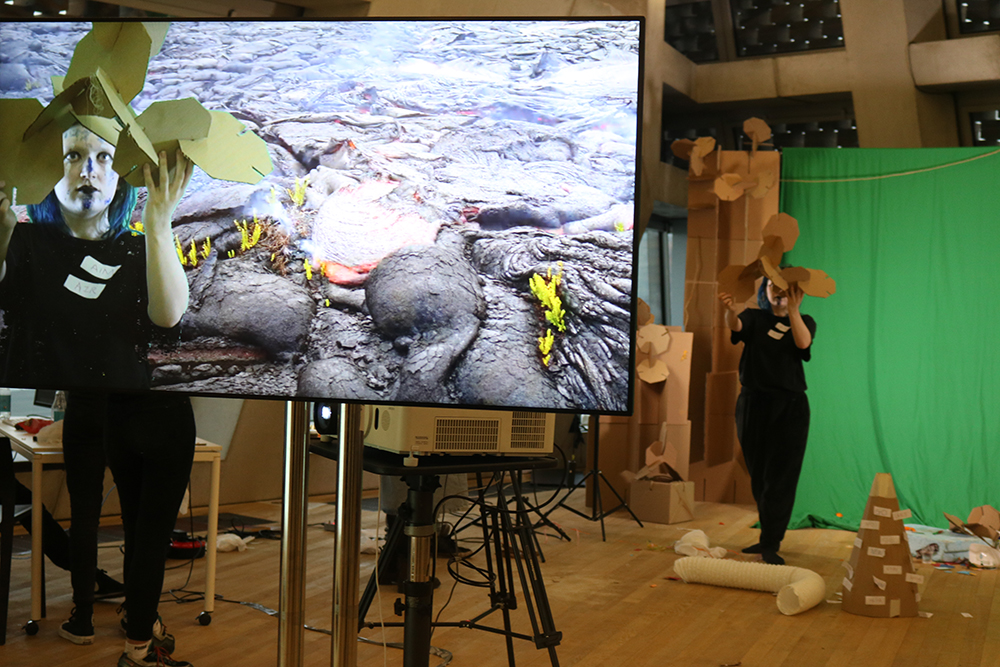
Image of Gesamt performance at Tate Exchange. Photograph by Abigail Fletcher.
